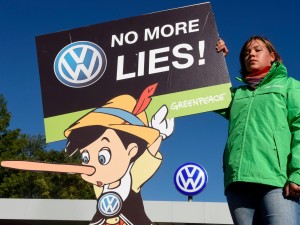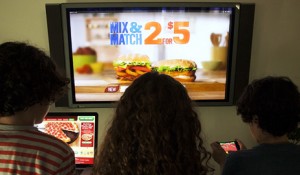How likely are you to buy from a brand again when their caught for fraud?
Volkswagen, the world’s biggest automaker has recently been caught for fraud by selling cars with falsified emission data. In fact, the company found falsified pollution tests on 500,000 diesel engine vehicles, thus they pumped 40 times the allowed level of nitrogen oxides.
Coming from Japan, a highly polluted country, this kind of falsified released information infuriates me because this was done by the firm purely for selfish reasons to make their product sell more while hurting the environment. This kind of act shows the unethical decision this firm made in order to better benefit their company with an increase in revenue.
But Volkswagen was ultimately caught for their fraud, and they now face suspended sales and a 7.3 billion dollar fine to cover its costs as well as a possible 18 billion dollar penalty for breaching the emission limits.
Such acts do encourage customers to think twice about their purchases and can influence them to refrain from shopping Volkswagen vehicles knowing their past and the environmental cost they inflicted. This makes me question how many other automobile firms are close behind but just did a better job of concealing their emission data. What actions will the UK take to ensure their vehicles are not being cheated?
Sources:
http://www.businessinsider.com/heres-why-volkswagens-scandal-is-so-annoying-2015-9
http://www.theguardian.com/money/2015/sep/24/volkswagen-emission-scandal-how-it-affects-you
http://www.bloombergview.com/articles/2015-09-23/climate-politics-and-the-volkswagen-scandal
http://money.cnn.com/2015/09/28/news/companies/volkswagen-scandal-two-minutes/


